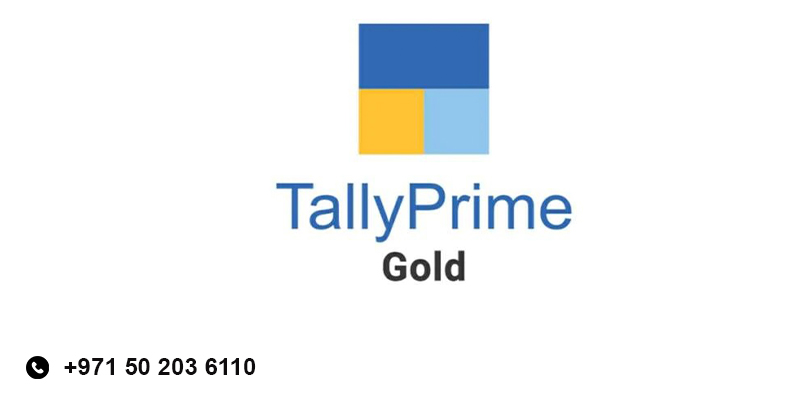Don’t stress about VAT—let SAT Management Consultancy handle it for you. Our team of experts in Dubai and Abu Dhabi provides best consulting services to ensure your business stays compliant and optimized.
Why Choose SAT Management Consultancy for VAT Services ?
- Comprehensive VAT Solutions: At SAT Management Consultancy, we understand that navigating the complexities of VAT can be challenging. That’s why we provide a full spectrum of VAT services designed to address every aspect of your VAT requirements, ensuring a seamless and hassle-free experience
- Expert Guidance: Our VAT consultants are well-versed in UAE laws and regulations, providing you with accurate and reliable advice.
- Customized Strategies: We understand that every business is unique. Our strategies are designed to align with your specific business goals and operations.
- Time-Saving Efficiency: Focus on growing your business while we take care of all VAT-related tasks, saving you valuable time and effort.
- Risk Mitigation: Our proactive approach ensures that potential VAT risks are identified and addressed promptly, preventing costly penalties.
- Transparent Processes: We maintain clear communication and provide regular updates, ensuring you are always informed about your VAT status.
Client-Centric Approach: Your satisfaction is our priority. We are dedicated to delivering exceptional service and support throughout our engagement




